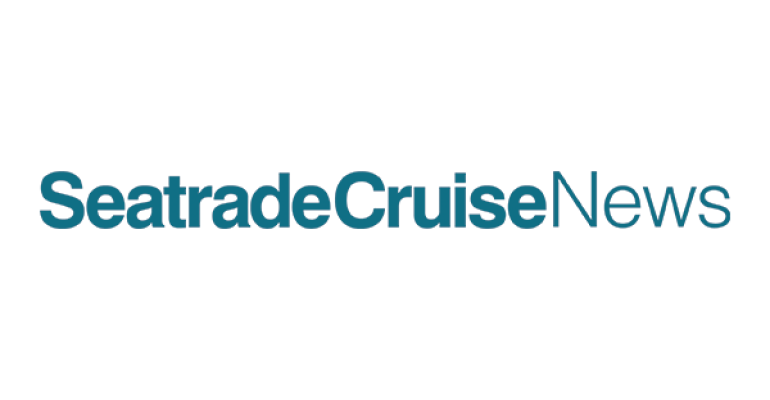David Dingle, chairman of Carnival UK and vice chairman of CLIA Europe, believes this is because capacity is down, as major cruise lines have moved inventory out of the Mediterranean to the Caribbean.
Kyriakos Anastassiadis, ceo of Greece’s Louis Cruises, wants these ships back: 'The biggest constraint in Europe is capacity. Where you add capacity you do get growth.'
Dingle noted, however, that capacity decreases have put a halt to the trend toward low prices.
One issue helping Europe is the stronger U.S. dollar. In fact, Goldman Sachs believes the euro will reach parity with the dollar within six months. With more purchasing power, those paying in dollars will find a cruise in Europe a more favorable vacation option.
Chris Hayman, Seatrade chairman and panel moderator, noted that visa 'arrangements in the European Community act as a prohibitive barrier toward other markets.'
Dingle added that Europe is losing millions of tourists from foreign countries each year, while tourism is on the rise in the rest of the world.
Hayman thinks these complicated visa requirements will slow travel from the Asian market, especially China, which has seen a surge in outbound cruising.
In fact, a recent study by Carnival Corporation projected that by 2017 China will be the second-biggest source market in the world, surpassing Germany.
Anastassiadis noted that the most popular place for the Chinese to get married already is Santorini, Greece. Sometimes 30 couples at a time get married there.
Copyright © 2024. All rights reserved. Seatrade, a trading name of Informa Markets (UK) Limited. Add Seatrade Cruise News to your Google News feed.


